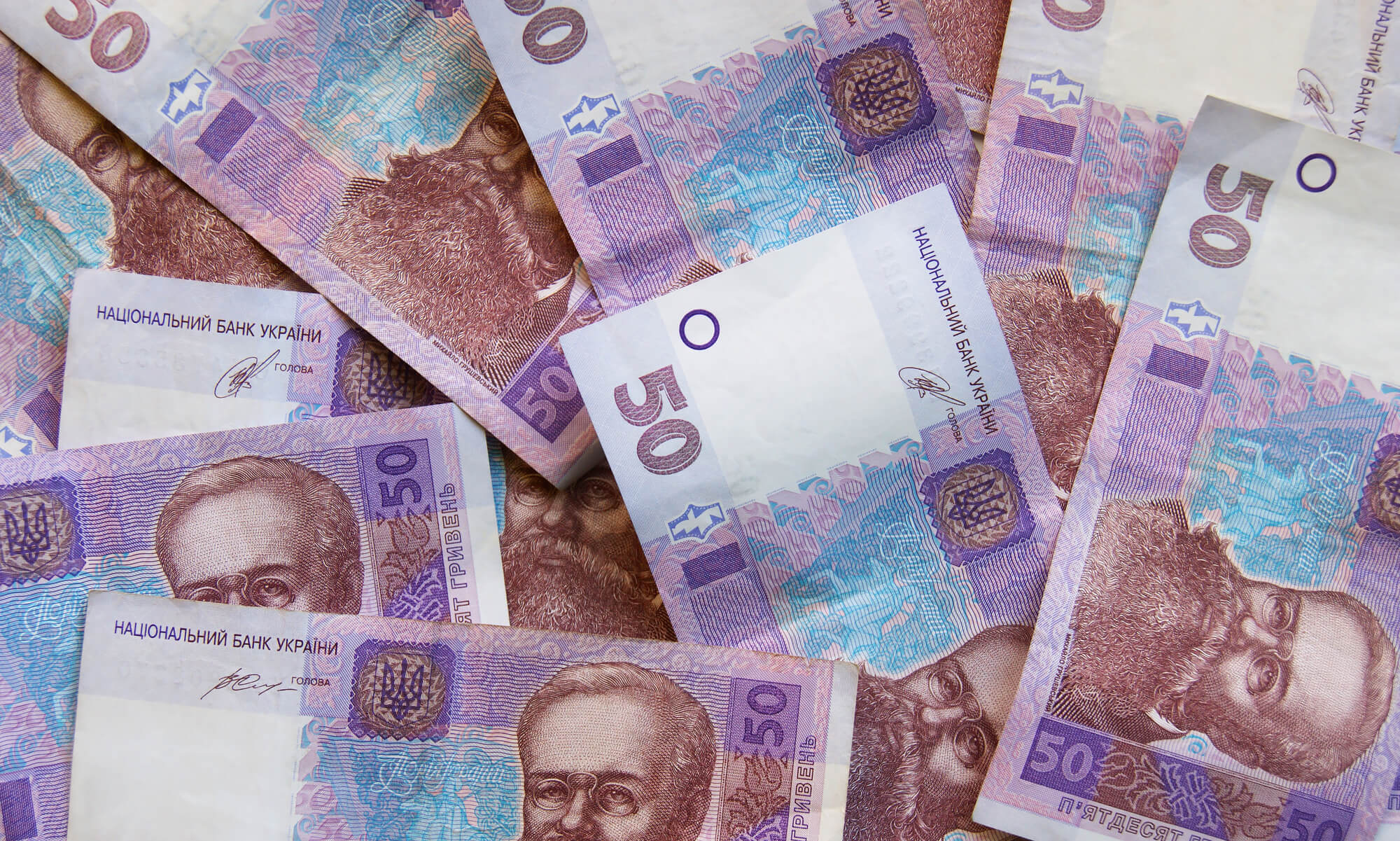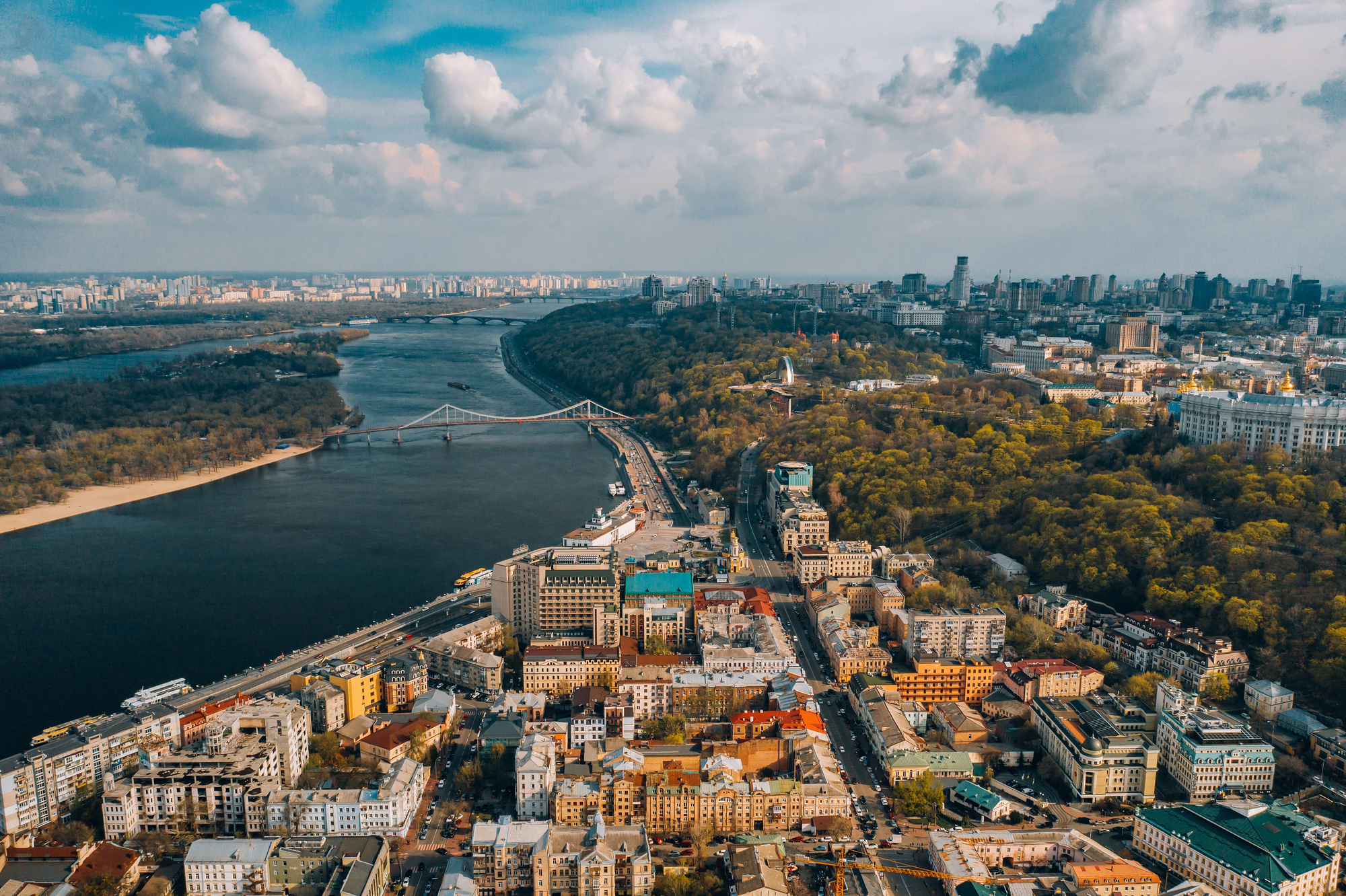Ukraine has been brutally invaded by Russia under the control of Vladimir Putin. There are many compelling reasons why the West should help Ukraine withstand this unprovoked attack, including moral, legal, political, military, historical, cultural, and economic ones.
Morally, it is the proper course of action. Politically, it is important that a peaceful democracy prevails over an imperialistic dictatorship (Roland 2023). Legally, Ukraine is defending its internationally recognised borders. Militarily, a nuclear power should not be permitted free rein if proliferation is to be avoided (Gorodnichenko 2023). Historically, the Ukrainian people trace their roots back to the 10th century of the Kyivan Rus. Culturally, Ukraine has a rich culture in literature, religion, and traditions to offer within global diversity. However, this column will focus on the economic reasons for supporting Ukraine.
At 603,000 square kilometres, Ukraine would territorially be the largest country of the EU and with around 40 million people, also one of the most populous. Ukraine has vast agricultural lands and is rich in mineral and energy resources. At the same time, its human capital is substantial, with a highly educated workforce. It possesses an extensive infrastructure of oil and gas pipelines and storage facilities together with a major complex of electricity generation plants. All of these economic resources lie at the borders of present-day EU members, including Romania, Hungary, Slovakia and Poland, with direct connections to the rest. An independent and democratic Ukraine is truly a prize worth defending.
One of the key economic contributions of Ukraine is as a global breadbasket, supplying grains, oils, meats, and other food products to the world. The disruption of supplies created by the Russian invasion has contributed significantly to inflation in food prices globally. Even more critically, shortages of Ukrainian exports are causing starvation in the more impoverished parts of the world (Artuc et al. 2022). An independent and thriving Ukraine would be a major contributor to the eradication of world hunger and moderation of global food prices.
In recent years, Ukraine has become one of the major suppliers of IT outsourcing to the world (Schnitzer 2023). With an open and unhindered IT sector, Ukraine has been able to establish itself as a significant force in a sector which is defining the future. Given Ukraine’s extensive educational system, it has been able to graduate a highly trained cadre of specialists whose impact would continue to grow. Already, an open economy has enabled the creation of many innovative startups whose integration with the global industry is becoming visible with companies such as Grammarly. Ukrainian IT specialists are contributing to the protection of the democratic world in critical areas of cyber security and even military planning.
As the world has drifted toward more unpredictable and autocratic rule, global trade is shifting in the direction of nearshoring of production. In addition, the EU is suffering from an intense labour shortage resulting both from the impact of the Covid epidemic and the low birth rates in developed economies. An independent and secure Ukraine would offer major opportunities for establishing manufacturing plants within easy reach of European countries, eliminating some of the more complex Asian supply chains. In this respect, Ukraine’s potential membership of the EU would greatly enhance such cooperation.
In the energy area, the dependence of Europe on Russian oil and especially natural gas has been recognised as a major strategic liability. It is inconceivable that the current EU policies of withdrawal from the import of Russian oil and gas would be reversed in the foreseeable future. Even as much of the world is committing itself to decarbonisation, it is also recognised that fossil fuels will continue to be required for an extensive transitional period. Ukraine can make a significant contribution in this transition as it has major undeveloped gas resources both in the Eastern part of the country and in the offshore of Crimea. In addition, Ukraine has extensive gas transmission and storage facilities in place which, even at present, are highly integrated with EU country networks and are being used to deal with Russian gas withdrawal. These resources would be complementary and diversify the liquefied natural gas (LNG) imports which are being used to displace Russian gas.
In the electricity market, prior to the Russian invasion Ukraine had been a significant exporter to the EU grid to which it is connected. Much of the power was generated by nuclear stations, free of carbon emissions. With the massive rocket attacks by Russia against Ukraine’s electricity infrastructure, this export capacity has been severely damaged. With the establishment of peace and a democratic Ukraine, such exports can be restored, offering electricity price moderation. Of course, given the age and destruction of many facilities, the system will require major re-investment to reinstate its capacity.
Given Ukraine’s large territory and existing mineral resources, it is also quite likely that there is a potential for rare earth minerals which are so essential to modern technology. Much of the world’s current production is in China, a remote and autocratic regime whose reliability is increasingly in question. Diversification of supplies in this area is as critical as the past excessive reliance on Russia in energy has already shown. Development of any such resources in Ukraine would contribute to global economic diversification and security.
With the vast destruction inflicted by Russian bombardment of Ukrainian cities and infrastructure, the reconstruction of Ukraine will require massive funding but also offer major opportunities for Western companies. Russia will need to be forced to pay reparation through the extensive assets being held in the West (Cocozza et al. 2023). These clearly should include the $300 billion of frozen reserves of the Russian central bank, but also the billions of illicit oligarch funds frozen by sanctions. In addition, a postwar ‘Marshall Fund’ will also be needed. With these funds, Ukraine can be rebuilt with the inclusion of Western firms and technology. A highly modernised country can emerge which would offer many trading and investment opportunities.
In conclusion, it should be recognised that, with help from the West, Ukraine shall emerge from the war as a vastly transformed country. Under the strong leadership of President Zelensky, the country has become highly unified, with strong support for both EU and NATO membership. With the banning of the pro-Russian party lead by the disgraced Victor Medvedchuk, the political system has been purged of the most outrageous Russian infiltration. The oligarch clans that controlled much of economic and political life in Ukraine have been vastly weakened by new laws limiting their control over media and political parties. The reform of the judicial system has started with the removal from the Supreme Court of a judge holding illegal Russian citizenship and other judicial dismissals. The Zelensky government has reacted swiftly to recently identified corruption schemes with extensive firings and prosecutions of individuals involved. While much remains to be done in reform, the commitment and initiative of the government is clear. With continued support, Ukraine will emerge as a strong democracy and future EU member that will strengthen the position of the entire West.
References
Artuc, E, G Falcone, G Porto and B Rijkers (2022), “War-induced food price inflation imperils the poor”, VoxEU.org, 1 April.
Cocozza, E, F Corneli, V Della Corte and M Savini Zangrandi (2023), “In search of Russia’s foreign assets”, VoxEU.org, 10 January.
Gorodnichenko, Y (2023), “The peace dividend can be saved in Ukraine”, VoxEU.org, 20 February.
Roland, G (2023), “Helping Ukraine is not only crucial for peace in Europe but also for world peace”, VoxEU.org, 7 February.
Schnitzer, M (2023), “Why the West needs Ukraine and its IT business”, VoxEU.org, 13 February.
#helpUkraine_helptheWorld
This publication is a part of a collection of essays initiated by the National Bank of Ukraine. Famous economists, political scientists and historians, experts recognized in the world, volunteered to share their thoughts and arguments on why helping Ukraine is helping the world. The complete book of essays can be found via the link.
Attention
The author doesn`t work for, consult to, own shares in or receive funding from any company or organization that would benefit from this article, and have no relevant affiliations



